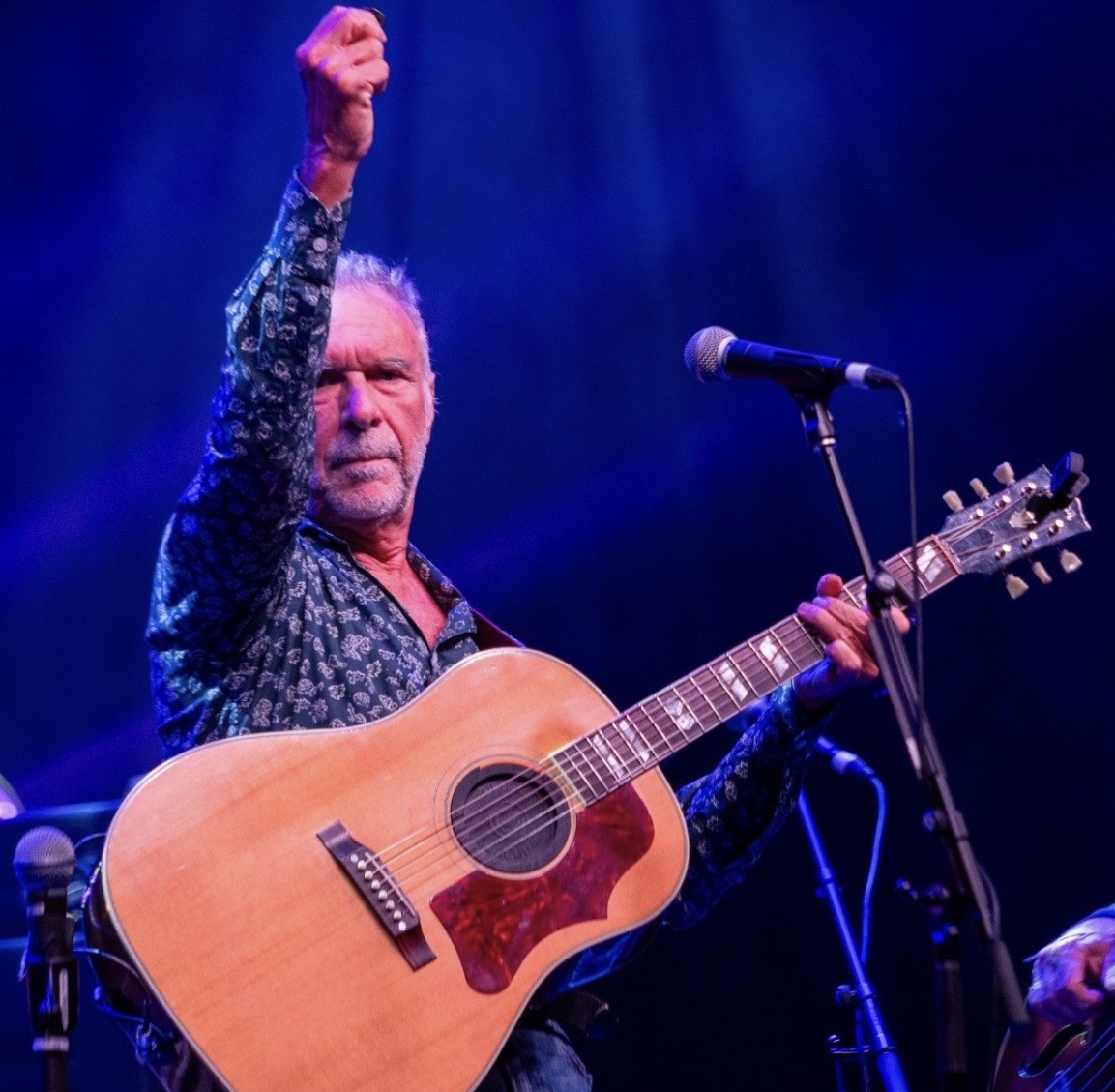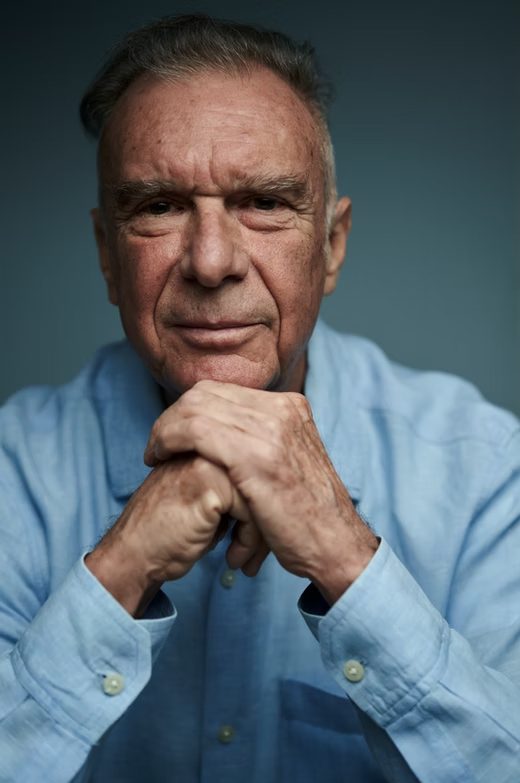Zachary Richard – Concert

Screenshot
Program :
Villa Albertine is pleased to welcome acclaimed singer-songwriter Zachary Richard for a live concert. For this special performance, he will take the stage with his guitar, offering an intimate evening of music rooted in his Cajun and folk influences.
About Zachary Richard :
Zachary Richard is a singer-songwriter born in 1950 in Scott, Louisiana. His music blends Cajun and zydeco influences. Zachary Richard is a militant Francophone and committed environmentalist. He is also an author of poetry and children’s stories. He is Louisiana’s first French-language Poet Laureate.
A committed artist, Zachary Richard is a founding member of Action Cadienne, an organization dedicated to the protection and promotion of the French language and Cajun culture in Louisiana. He is also a founding member of SOS Musicians, dedicated to supporting the New Orleans music community in the aftermath of Hurricane Katrina in 2005. Following the Deepwater Horizon oil spill in 2010, he founded Gulf Aid Acadiana, dedicated to supporting communities and restoring the Louisiana coastline.
Zachary Richard was named Officer of the Order of Academic Palms and Commander of the Order of Arts and Letters of the French Republic in 1997. He is a Knight of the Order of La Pléiade, a member of the Order of Francophones of America, and a member of the Order of Canada.

Photos: By registering for this event, you consent to being photographed and/or recorded, and authorize the organizers to use your image and likeness for promotional and archival purposes.
Security Rules: Each person attending the event must have a ticket registered in their name and a government-issued ID that matches the name on the reservation to enter the Embassy. No one will be admitted without a reservation and official ID. Due to strict security measures, please arrive on time, as doors will be closed at 7:30 pm sharp. Please allow for extra time for security screenings.
For security reasons, large bags, umbrellas, backpacks, and bike helmets are not allowed on Embassy grounds. The security team may confiscate any items considered inappropriate.
Parking:
There is no on-site parking.
- Metered parking is available on Reservoir Road at $2.30/hour (max 4h until 10pm)
- Garage parking is available at Georgetown MedStar Health (Entrance #2, 2800 Reservoir Road NW), approx. $25 for up to 3 hours
